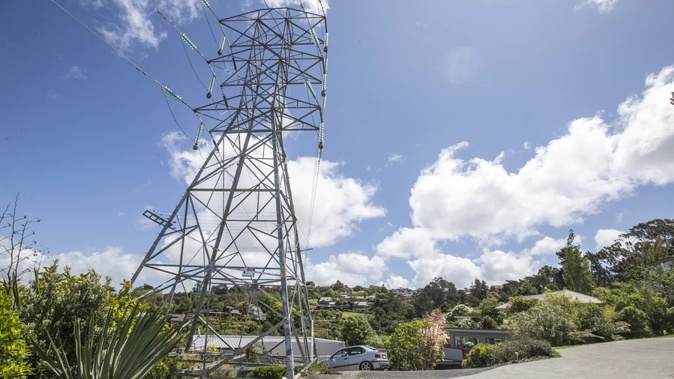
Lines company Vector has been ordered to return $13.9 million to Aucklanders who paid too much for their electricity, the Commerce Commission announced today.
The commission said in a statement that Vector had accepted it breached its regulated price path by recovering more revenue than it was entitled to in the 2014 and 2015 financial years.
Under the settlement, Vector has agreed to reduce the amount it recovers from electricity users for two years starting April 2018.
The overcharging occurred when Vector restructured its residential tariffs in April 2013.
"The commission accepts Vector did not intend to breach its regulated price path at the time it restructured prices," the statement said.
"However, by adopting an assumption regarding customer switching rates that the commission considers was unrealistic, Vector collected more revenue than was allowed."
Vector had assumed that in setting residential price tariffs based on electricity use that competition in the electricity retail market would ensure virtually all residential customers would be switched to the most appropriate rate
"However, at the end of the first year of the new price structure, 28 per cent of Auckland households had still not been switched to the tariff that was appropriate for their circumstances and so were paying more than they needed to," the commission said.
Commission deputy chairwoman Sue Begg said Vector should not have assumed that users would all be immediately transferred to the best rate by electricity retailers.
"While Vector could not predict consumer switching with complete accuracy, its working assumption was unreasonable and led to a large number of households overpaying for their electricity," she said.
"While lines charges are only about 26 per cent of a household's electricity bill and the individual amounts overpaid are often small, the cumulative effect for Vector was many millions of dollars."
Vector repayment would take the form of holding residential prices flat for the next two years, which would result in users paying less and Vector earning less revenue.
Begg said the case also highlighted the need for consumers to check their electricity tariffs.
"An estimated 80,000 Auckland households could still be on a more expensive tariff for the lines component of their electricity bill. Energy retailers and consumers themselves should be checking that the low-user tariff option is being used where it can be, as it could save households up to $200 a year," she said.
Vector is an electricity distributor that delivers electricity to about 550,000 homes and businesses in the greater Auckland region. It is subject to price-quality regulation that sets the maximum revenue it may earn each year.
Take your Radio, Podcasts and Music with you









